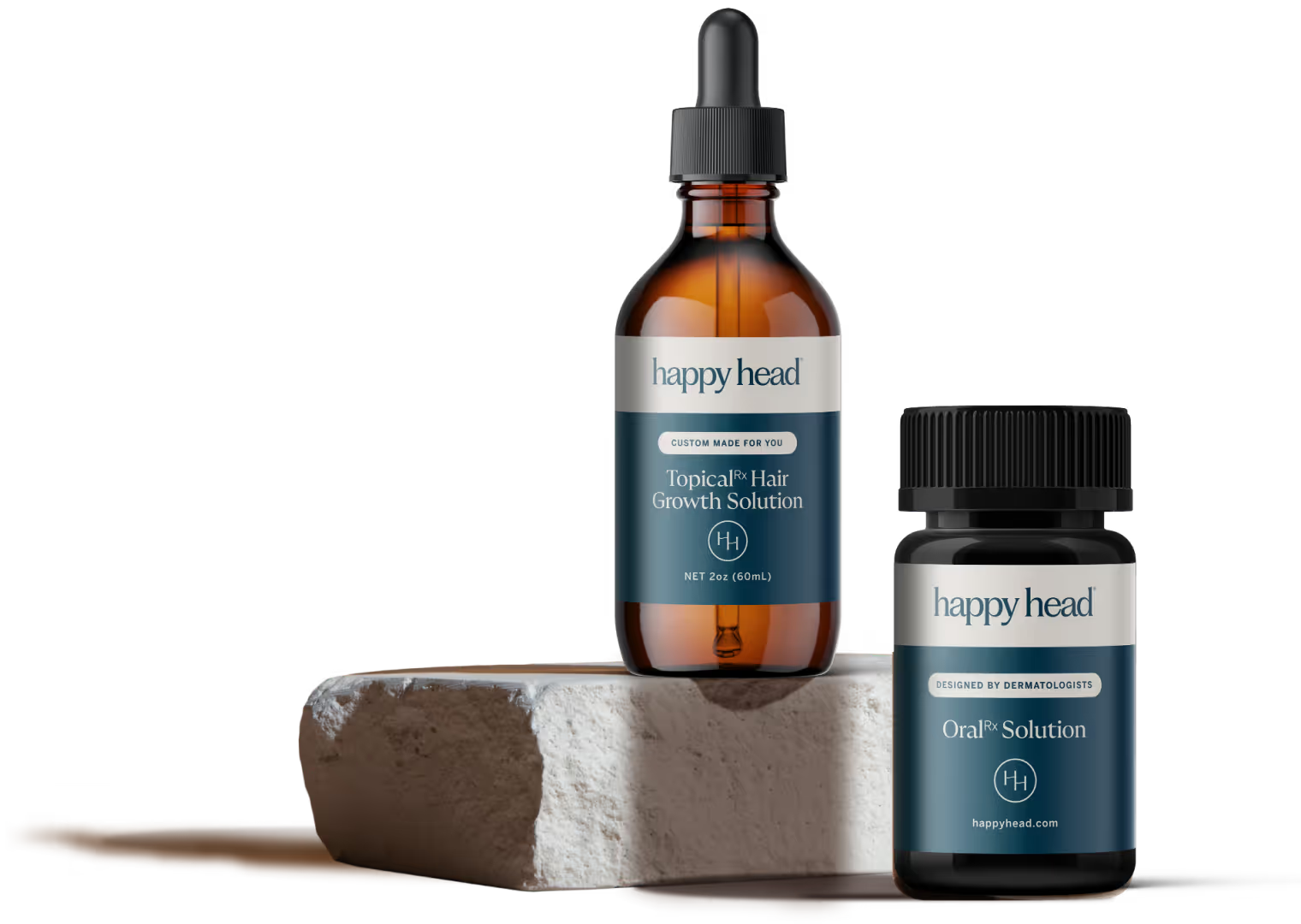As a freelancer, securing disability insurance can be a maze of complications, especially when dealing with conditions like acne that are often misunderstood in terms of their impact on an individual’s ability to work. This guide aims to shed light on the significance of disability insurance for freelancers, with a special focus on how acne can influence one's need for such insurance. With the freelance workforce growing rapidly—"53 million Americans, or 34% of the population, engage in freelance work," according to Forbes—understanding how to protect your income is paramount. Moreover, considering "60% of adults with severe acne report that it has impacted their professional lives," as per the Journal of the American Academy of Dermatology, navigating disability insurance becomes even more crucial for those affected.
Disability insurance is designed to provide income in the event that a worker is unable to work due to illness or injury. For freelancers, who lack the safety net provided by employer-based disability plans, individual disability insurance offers a crucial lifeline. However, because acne is often categorized as a 'pre-existing condition,' it can complicate the insurance process, making it harder for those affected to get coverage. Therefore, it’s indispensable to understand the ins and outs of how policies treat conditions like acne to ensure you’re not left unprotected.
When looking for disability insurance as a freelancer with acne, it’s key to shop around and compare policies judiciously. Some insurers may exclude acne as a pre-existing condition, or may offer coverage with stipulations. It’s important to look for policies that cover disabilities resulting from chronic conditions without broad exclusions. For instance, "a survey by the Freelancers Union suggests that 40% of freelancers consider health-related benefits, including disability insurance, critical to their career sustainability."
Moreover, documenting the impact of acne on your work life can bolster your case when applying for disability insurance. Detailed records and doctors' notes specifying how acne affects your ability to work can be pivotal. This documentation can provide concrete evidence to insurers, demonstrating that acne is not just a cosmetic concern, but a serious health issue that impedes your professional performance. It is crucial, then, for freelancers to proactively manage their health and gather substantial proof of their condition's severity and its impact on their work capabilities.
In conclusion, while navigating disability insurance as a freelancer can be daunting, especially for those dealing with acne, it’s vital to remain informed and proactive. By understanding the specifics of how disability insurance can work for you, shopping carefully for a policy that meets your needs, and meticulously documenting the professional impact of your condition, you can secure the protection necessary to safeguard your livelihood against unforeseen health challenges. Remember, your health is as much a professional asset as your skills and expertise—protecting it is not just prudent, it’s essential.

